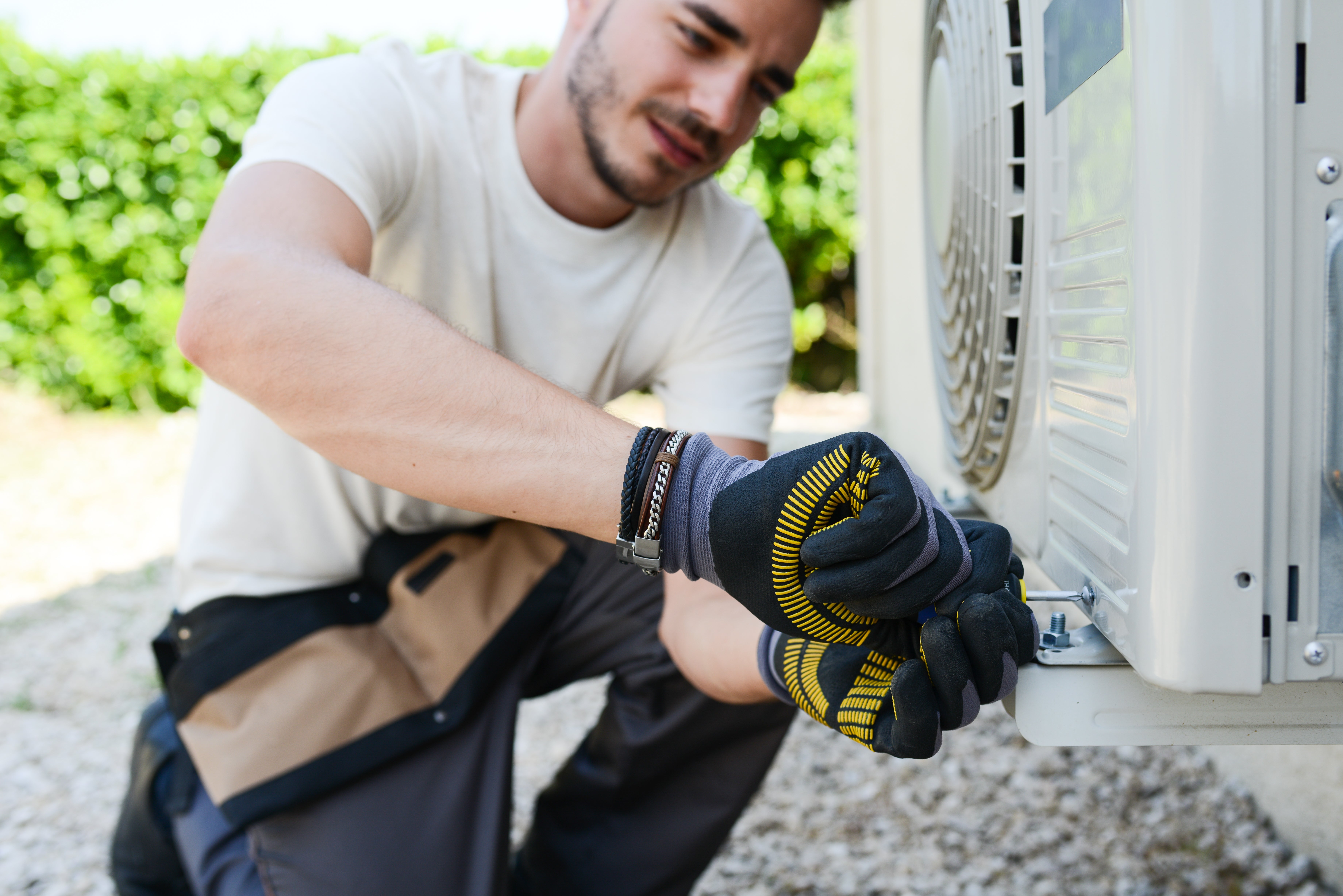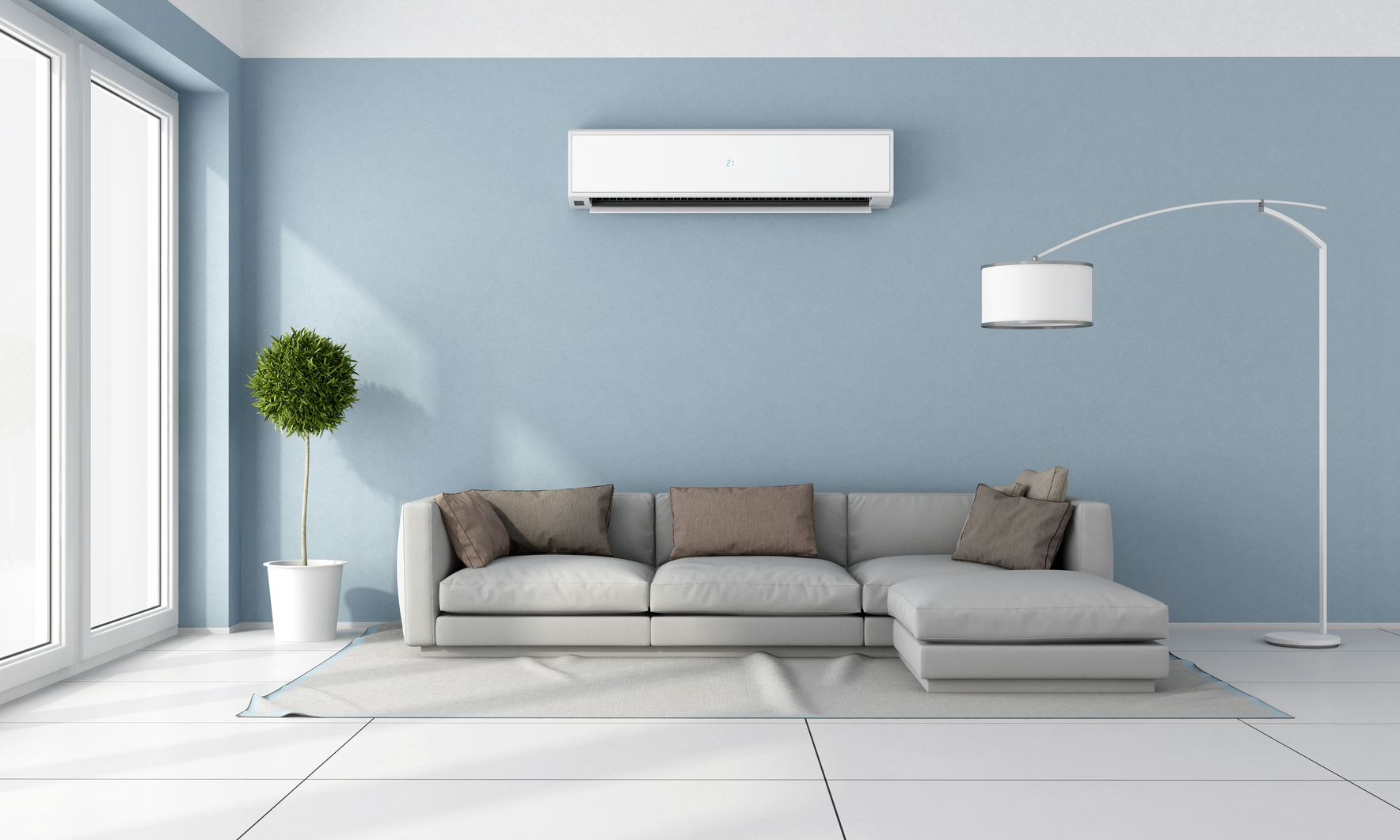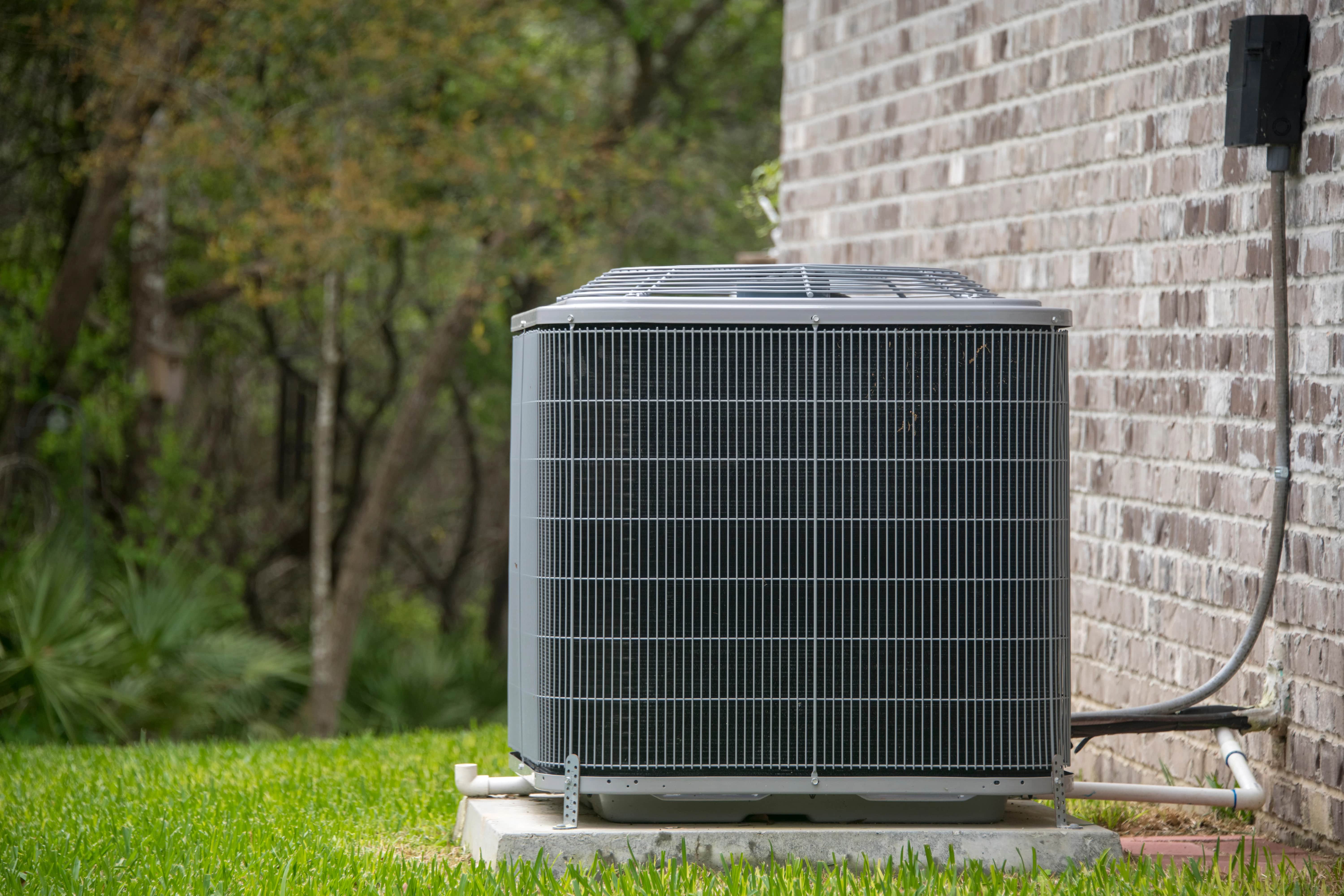How long do AC units last?
It is important to know when to replace an air conditioner or its parts or even the entire unit. Most A/C units last from 10 to 15 years, so if yours is getting up in years, you may want to start researching replacements. Read more about HVAC system life spans.
With your hardworking cooling system, it’s not a matter of if but when you will need to replace it. Conducting regular service and maintaining your air conditioner is necessary to keep it in working order—but even with regular care and repairs, it’s simply a matter of time before your air conditioner wears out.
If you’re wondering when to replace an AC unit, you’re not alone. The following warning signs will alert you as to whether your AC unit may be nearing its end. Armed with this information, you can start preparing financially for the inevitable upgrade.
What Are the Signs That It’s Time to Replace My AC Unit?

If your air conditioner unit is on the brink, it will let you know. These warning signals may indicate that you need to add “replace AC unit” to your to-do list:
Age. First, consider how old your A/C unit is. The older a unit is, the more likely you will need an A/C replacement. If you have a unit that is 10 years old or older, be sure to check its Seasonal Energy Efficiency Ratio (SEER). The SEER rating indicates how much energy an A/C unit will expend over a year.
Beginning in 2023, the U.S. Department of Energy will require a minimum SEER rating of 14 for all new residential A/C units “in the northern part of the United States and 15 SEER in the southern part of the United States.” The higher your A/C’s SEER rating, the more efficient it is.
More than 50 percent of home energy use goes towards heating and air conditioning. Although it may be a greater cost up-front, replacing an older unit with a more efficient one that has a higher SEER rating could save you money in the long run.
Further, older units may use R22 refrigerant gas, which was made illegal in the United States in January 2020. While you are still allowed to run your older HVAC system that uses R22, if it needs a repair involving refrigerant, it can end up costing you. Since R22 is no longer being sourced in the United States, you will likely face difficulties finding the banned product, meaning you will most likely need to pay to switch to an approved alternative refrigerant.
Noise. Noises coming from your air conditioner can indicate a variety of issues, like a broken part, an unbalanced indoor blower, or other forms of deterioration inside your unit. Figuring out the specific type of noise your air conditioner unit is making is crucial to resolving the issue through air conditioning replacement or repair.
Sky-high energy bills. If your energy bill is suddenly significantly higher—more than the high utility prices already taking place in 2022—it may indicate that your air conditioner unit is not operating efficiently. Inefficient A/C operation is a sign that your unit might be malfunctioning. Although it’s normal to see increased energy prices during the summer’s hottest days and seasonal heat waves, the ongoing price jumps without corresponding usage changes are a clear indication that something is wrong with your air conditioner. According to the U.S. Department of Energy, upgrading to a new A/C unit can save you between 20 and 40 percent in energy bill costs.
Temperature inconsistencies. If it feels like some parts of your house are warmer while others are cooler, it could be a sign that your unit is not cooling consistently and cannot keep up with the demand for cool air.





